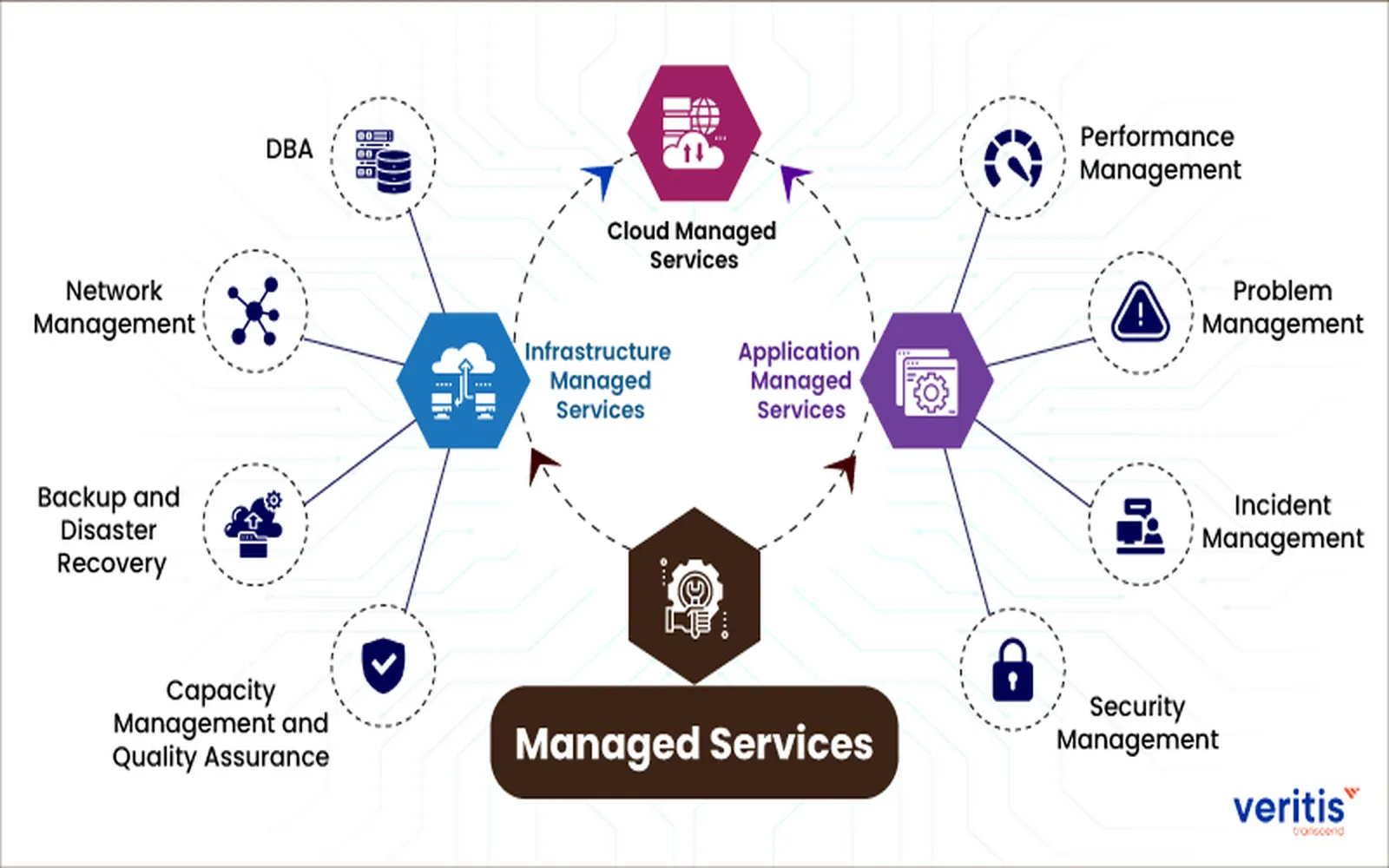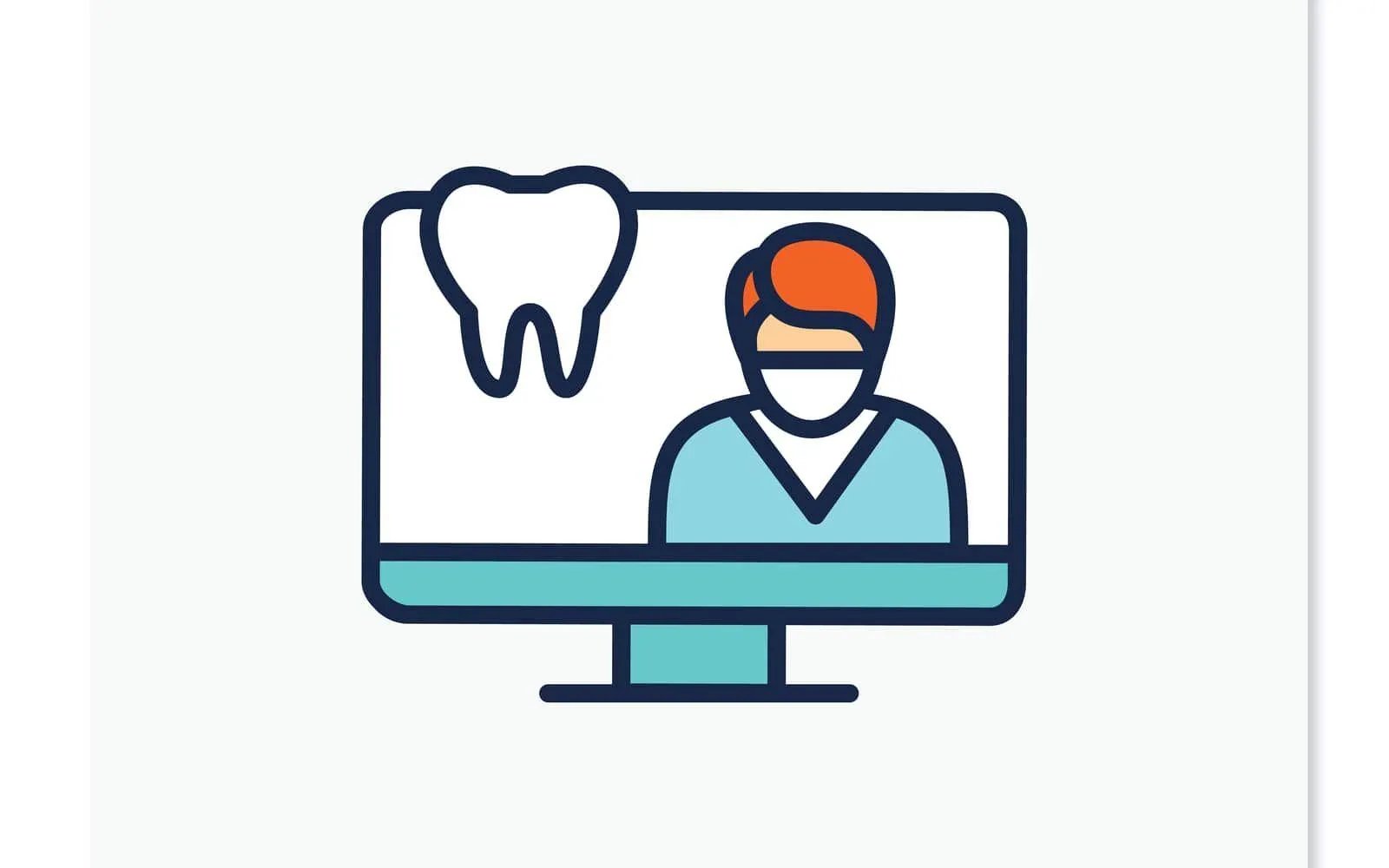The Rise of Digital Health Technologies
In recent years, the landscape of healthcare has transformed dramatically due to the advent of digital health technologies. These innovations encompass a wide range of tools and platforms, including telemedicine, mobile health applications, electronic health records (EHRs), and wearable devices. By leveraging these technologies, healthcare providers can enhance patient care and streamline delivery systems, ultimately improving health outcomes and patient satisfaction.
Telemedicine: Bridging the Gap
One of the most significant advancements in digital health is telemedicine, which allows patients to consult healthcare professionals remotely via video calls or messaging. This technology has been especially beneficial during the COVID-19 pandemic, as it enabled continuous care while minimizing exposure risks. A study revealed that telemedicine visits increased by over 154% in 2020 compared to the previous year, illustrating its rapid adoption.
Telemedicine not only increases access to healthcare for individuals in rural or underserved areas but also reduces waiting times and travel expenses. Patients can receive timely consultations, prescriptions, and follow-up care without the need to visit a clinic physically. This convenience enhances patient engagement, as individuals are more likely to seek care when it is easily accessible.
Wearable Technology: Monitoring Health in Real-Time
Wearable devices, such as smartwatches and fitness trackers, have become integral to the digital health ecosystem. These gadgets monitor various health metrics, including heart rate, physical activity, and sleep patterns, providing users with valuable insights into their health. According to a report, the global wearable health technology market is expected to reach $60 billion by 2023, highlighting the growing demand for these devices.
Healthcare providers can use data collected from wearables to personalize treatment plans and monitor patients’ progress remotely. For example, individuals with chronic conditions like diabetes can benefit from continuous glucose monitoring through wearable devices. This proactive approach enables timely interventions and fosters better patient outcomes.
Electronic Health Records (EHRs): Streamlining Information Sharing
Electronic Health Records (EHRs) have revolutionized the way patient information is stored and shared. By digitizing patient data, healthcare providers can access comprehensive medical histories, lab results, and treatment plans at the click of a button. This shift from paper-based records to digital health systems improves efficiency, reduces errors, and enhances collaboration among healthcare teams.
Moreover, EHRs facilitate seamless communication between different healthcare providers, ensuring that all parties involved in a patient's care have access to up-to-date information. This interconnectedness is crucial for coordinating care, particularly for patients with complex medical needs. Ultimately, EHRs contribute to better decision-making and improved patient safety.
Mobile Health Applications: Empowering Patients
Mobile health applications, or mHealth apps, provide patients with tools to manage their health actively. These applications offer functionalities such as medication reminders, symptom trackers, and educational resources. By empowering patients to take charge of their health, mHealth apps enhance engagement and adherence to treatment plans.
Research indicates that patients who use mHealth apps are more likely to follow their prescribed regimens and report better health outcomes. Additionally, these apps often include features that allow users to communicate directly with their healthcare providers, promoting a more collaborative approach to care.
The Role of Artificial Intelligence in Patient Care
Artificial Intelligence (AI) is another transformative element in the realm of digital health. AI-powered tools can analyze vast amounts of patient data to identify patterns and predict outcomes. For instance, AI algorithms can assist in diagnosing diseases at earlier stages, enabling timely interventions that can save lives.
Furthermore, AI can optimize operational efficiency within healthcare facilities by automating administrative tasks, such as scheduling and billing. This allows healthcare professionals to focus more on patient care rather than paperwork, ultimately enhancing the patient experience.
Challenges and Considerations
Despite the numerous benefits of digital health technologies, several challenges must be addressed. Issues such as data privacy, cybersecurity, and the digital divide can hinder the widespread adoption of these innovations. Ensuring that patient data is secure and that all individuals have access to technology is crucial for realizing the full potential of digital health.
Healthcare providers and policymakers must work collaboratively to establish regulations that protect patient information while promoting innovation. Additionally, educational initiatives can help bridge the knowledge gap, ensuring that all patients can effectively utilize digital health tools.
Conclusion: A Healthier Future through Technology
The integration of digital health technologies into patient care and delivery is revolutionizing the healthcare landscape. By improving access to care, enhancing patient engagement, and streamlining information sharing, these innovations hold the promise of a healthier future. As the industry continues to evolve, it is essential to address the challenges that accompany this transformation to ensure that all patients can benefit from the advancements in healthcare technology.








